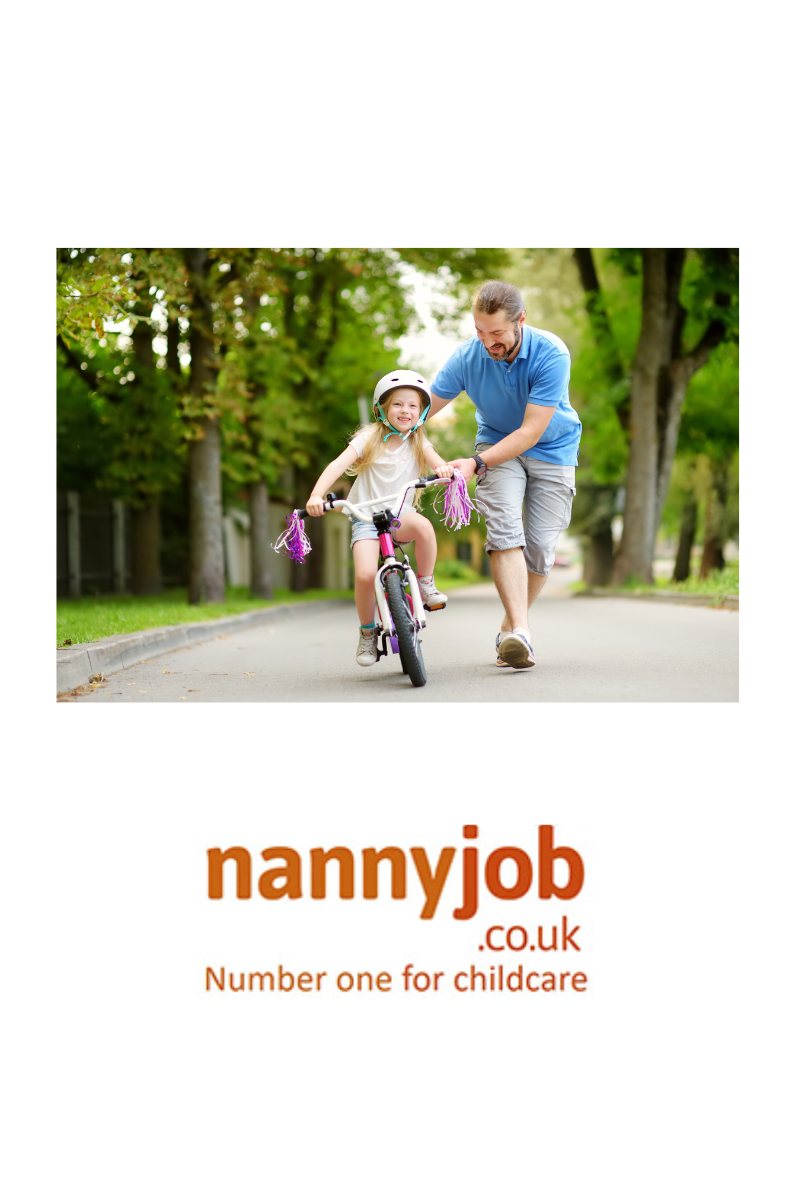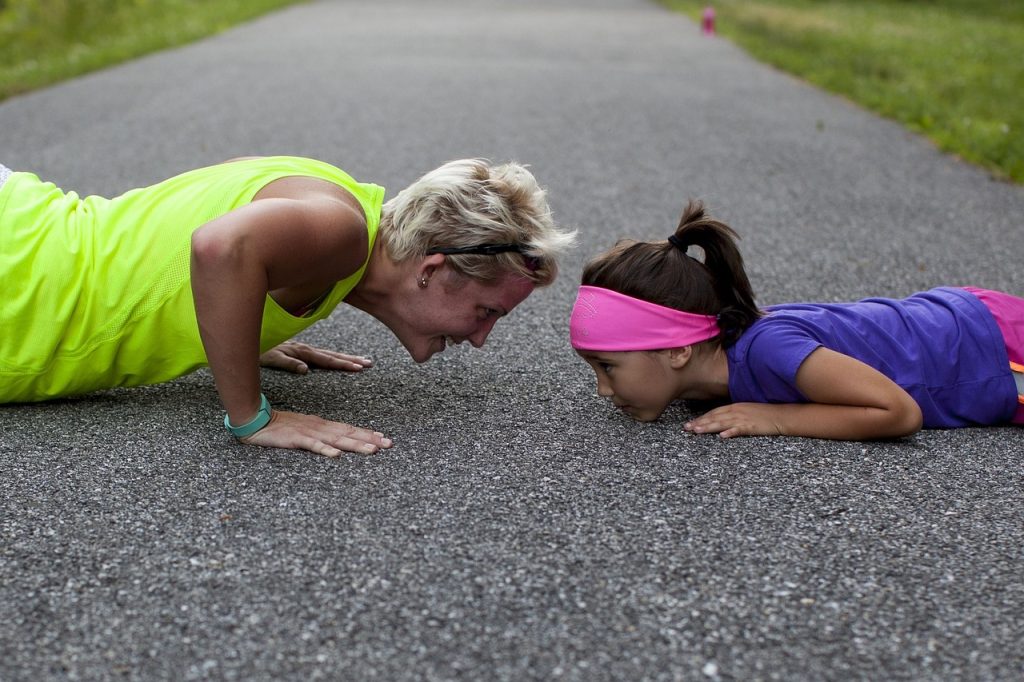For many of us, our first bicycle represents an unforgettable milestone, a token of independence and a gateway to countless adventures. As nannies and childcarers, facilitating this life-changing skill can be a joyful and rewarding experience. Here’s why teaching children to ride a bike is a win-win and how to do it effectively:
1. The Benefits of Cycling
Learning to ride a bike isn’t just fun, it comes with a host of benefits:
- Physical Health: Cycling is a fantastic form of cardiovascular exercise, helping to maintain a healthy weight and increase fitness levels. It also improves balance, coordination, and strength.
- Mental Well-being: Outdoor activities like cycling can enhance mood and contribute to better mental health. It can foster a sense of achievement and independence in children.
- Environmental Impact: Riding a bike instead of using motorised transport is a practical way to reduce carbon footprint. It’s never too early to introduce children to environmentally friendly practices.
2. Tips for Teaching Bike Riding
- Safety First: A helmet is a must. It’s also beneficial to have knee and elbow pads, especially in the early stages.
- Start with a Balance Bike: Balance bikes help children learn balancing skills before introducing pedalling, making the transition to a regular bike smoother.
- Choose the Right Environment: Start in a safe, traffic-free area. Flat, open spaces like a park are ideal.
- Be Patient and Positive: Every child learns at their own pace. Celebrate small victories, like a few seconds of balanced gliding, to keep motivation high.
3. The Joy of Shared Cycling
Don’t forget that cycling isn’t just for children! It’s a great way for carers and children to bond over shared outings. Cycling can also become a regular part of your routine, perhaps as a fun way to commute to school or local activities.
Remember, teaching a child to ride a bike isn’t just about the skill itself. It’s about instilling a love for physical activity, an appreciation for the outdoors, and a sense of self-confidence that can carry into many other areas of life.


 April is Stress Awareness Month!
April is Stress Awareness Month! 
 Prioritising self-care and mental well-being is crucial for both our personal health and professional success. Here are some tips to help reduce stress and maintain a healthy work-life balance:
Prioritising self-care and mental well-being is crucial for both our personal health and professional success. Here are some tips to help reduce stress and maintain a healthy work-life balance:


